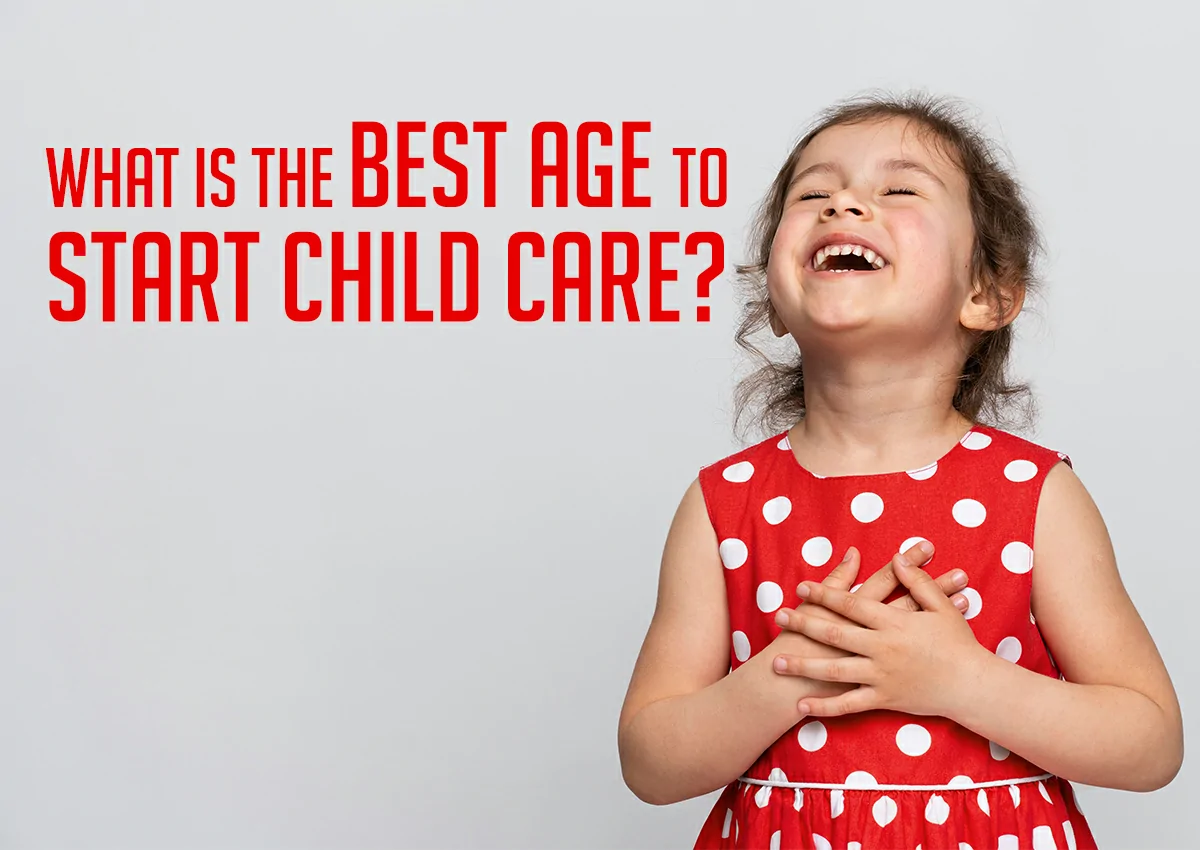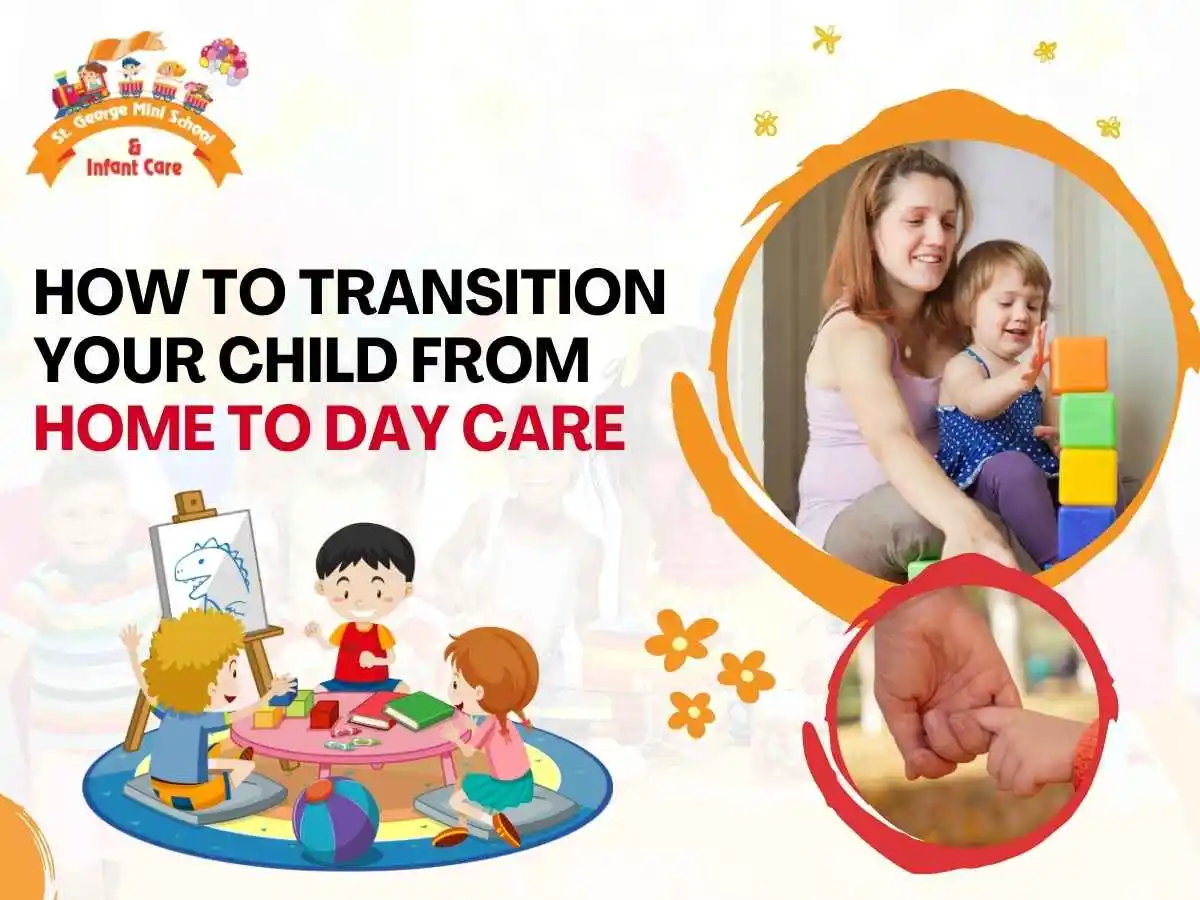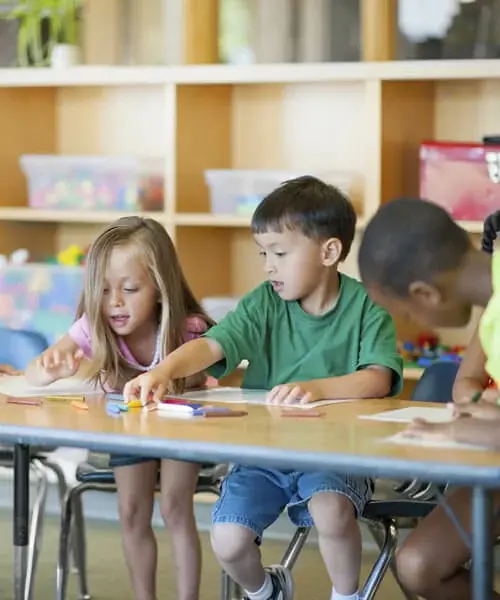33 Mallard Rd: (647) 478-6114
141 Bond Ave: (647) 478-6043
25 Mallard Rd: (647) 812-7795
33 Mallard Rd: (647) 478-6114
141 Bond Ave: (647) 478-6043
25 Mallard Rd: (647) 812-7795
2025-10-13
Starting day care is
a big milestone—for children and parents alike. Many children feel nervous
leaving the comfort of home, while parents may worry about separation and
adjustment. The good news is that with thoughtful preparation, guidance, and
support, this transition can be smooth, positive, and even exciting.
Phase 1: Preparing at
Home
The transition begins
long before the first day at the day
care center. Parents can start by
talking positively about the upcoming experience, framing it as a fun place to
learn, play, and make new friends. Reading storybooks about daycare or
role-playing scenarios at home can help children understand what to expect.
Introducing small routines at
home—like setting regular snack times, reading sessions, or play schedules—can
mirror the structure children will encounter at daycare. Familiarity with a
predictable routine builds confidence and eases anxiety.
Parents can also
involve children in daycare
preparations: letting them choose a
backpack, a favorite comfort toy, or lunchbox. These small decisions give
children a sense of control and help them feel ready for the next step.
Phase 2: The First
Visits
Before the official
start, most children benefit from short
orientation visits to the
daycare. Walking around the classroom, meeting teachers, and exploring play
areas gives children a chance to familiarize themselves with the new
environment.
During these visits,
educators observe how children interact with peers and the environment,
offering gentle guidance and encouragement. Parents can stay close initially,
gradually reducing their presence as the child grows more comfortable. These
first visits turn the daycare into a familiar, welcoming space rather than a
source of fear.
Phase 3: The First Days
On the first day,
maintaining a calm and
positive demeanor is key.
Children often pick up on parental emotions, so reassuring words, smiles, and
confident routines help them feel safe. A short, cheerful goodbye and a clear
promise to return later sets the tone for trust and security.
Children may initially
cling or show resistance; this is normal. Experienced educators support
children through comforting routines, interactive play, and structured
activities that engage their attention. Over time, children begin to anticipate
fun experiences, slowly reducing separation anxiety.
Phase 4: Settling In
Within the first few
weeks, children start adapting to daily routines. Group activities, playtime, and circle sessions help them develop social skills while
learning to cooperate with peers. Comfort items from home—a stuffed toy or
blanket—can continue to provide reassurance during transitions between
activities.
Parents are encouraged
to communicate regularly with
educators about progress,
challenges, and any special needs. This partnership ensures that children
receive consistent support, making the transition smoother and more
personalized.
Phase 5: Building
Long-Term Confidence
As children settle into
daycare life, they gain independence, social skills, and self-confidence. They
learn to manage emotions, follow routines, interact with others, and take
initiative in activities. The gradual development of these skills prepares
children for preschool and beyond, making future transitions—like starting
kindergarten—easier and less stressful.
Final Word
Transitioning from home
to child care is a journey, not a single event. With
preparation, orientation, structured routines, and supportive educators,
children thrive in this new environment. What starts as anxiety gradually turns
into excitement, curiosity, and confidence.
At St.
George Mini School, Day Care
North York, our licensed day
care schools provide a
nurturing environment where children are gently guided through every stage of
the transition. Our focus is on building trust, encouraging independence, and
helping every child feel secure, supported, and ready to learn.
Featured Blogs
 28/03/22
28/03/22
Which Is The Best Age To Start Chil...
Daycare North York Infant Daycare North York Day Care Center North York Subsidized Daycare North York Daycare Toddlers North York Preschool Programs North York Child Care North York Before and After School Care North York Day Care North York Preschool North York Subsidized Child Care North York Day Care Schools North York



